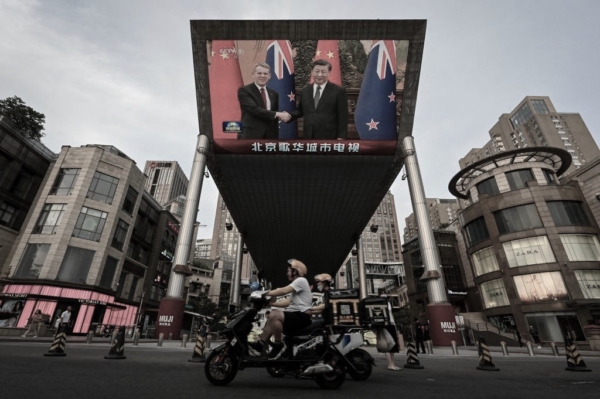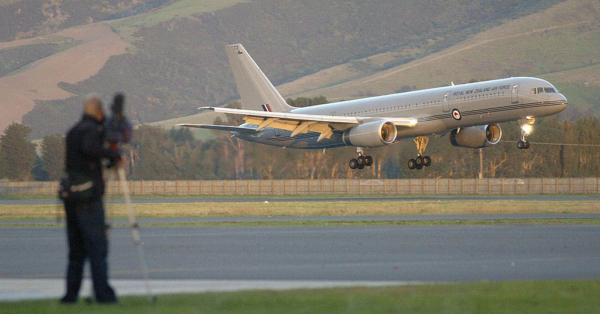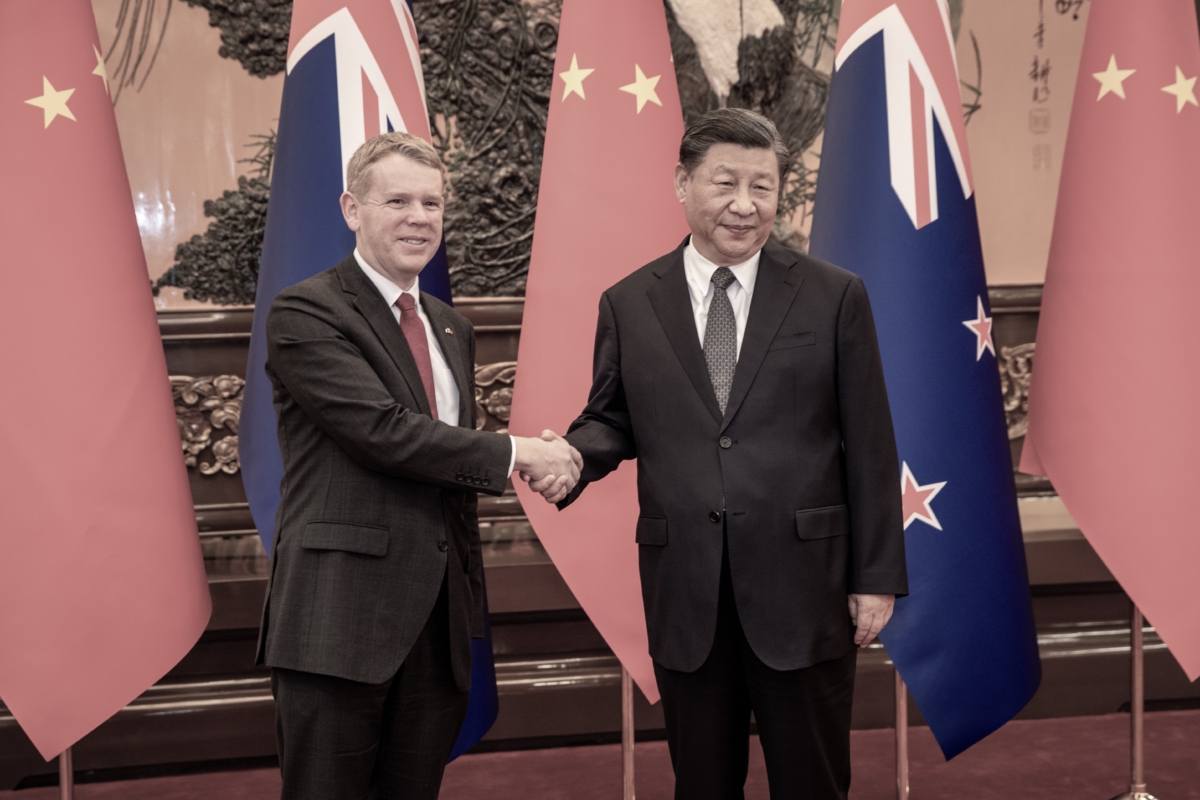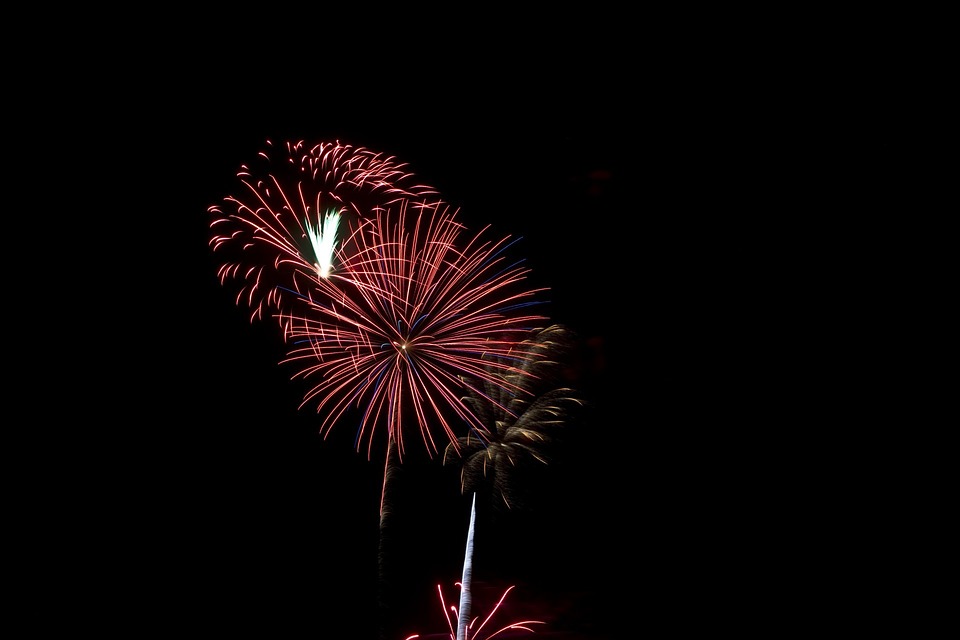Commentary
It seems that Chinese leader Xi Jinping is particularly sensitive to being described as a “dictator.”
When U.S. President Joe Biden used the description, the Chinese Communist Party (CCP) was outraged, with its mouthpiece, the Global Times calling it a vicious attack.
If Biden had said that Xi was the “leader of a dictatorship,” perhaps he would not have attracted the same criticism. After all, the expression the “people’s democratic dictatorship” is enshrined in article one of the Chinese constitution.
In classic Marxist ideology, this is necessary to avoid a dictatorship of the bourgeoisie.
So Xi is the head of a “dictatorship” but dislikes being described as a “dictator.”
Not that China is democratic. The Chinese people have never voted for their leadership.
To overcome this inconsistency, CCP officials have invented the term “whole of government democracy.”
This is a concept that CCP leadership knows what is best for the people, who have no say in the matter.
As Lewis Carrol wrote in Alice in Wonderland, “When I use a word … it means just what I chose it to mean.”
Xi has also worked to eliminate any internal factional rivalry, accreting all power to himself.
Dependence on China
Rather than claiming that Biden made a “gaffe,” the democratic world would be better to acknowledge his statement of the obvious.
Instead, national leaders obscure the obvious. Take New Zealand Prime Minister Chris Hipkins, who led a trade delegation to China last week.
“No,” Hipkins said in reply to a question if he agreed with President Biden’s observation, adding that the “form of government that China has is a matter for the Chinese people.”
New Zealand is highly reliant on Chinese trade.
“China represents nearly a quarter of all our exports, was our second largest source of tourists pre-COVID, and is a significant source of international students, so it’s a critical part of our economic recovery,” Hipkins added.
His visit was lauded in China, with the Global Times offering effusive commentary.

New Zealand’s supine attitude to the CCP has been driven by its significant trade dependency.
The CCP constantly reminds Kiwis of their reliance.
New Zealand parliamentarians are the subject of a constant barrage of propaganda from the CCP. The CCP ambassador to New Zealand, Wang Xiaolong, regularly writes to the nation’s MPs, conveying the latest views of Xi and the CCP.
In his sixth letter to MPs this year, Wang reminded the parliamentarians of their dependence on China, noting that bilateral trade had exceeded NZ$40 billion (US$24.6 billion) for the first time, and observed the increased sales of Kiwi butter.
He also pushed for the inclusion of China in the CPTPP (Comprehensive and Progressive Agreement for Trans-Pacific Partnership).
The ambassador also uses his letters to deflect any criticism of China.
In an earlier letter, Wang criticised AUKUS, warning of the dangers of nuclear-powered submarines without acknowledging that the PLA Navy had not only nuclear-powered underwater vessels but that many of them are also nuclear-armed!
For decades, successive New Zealand governments have underinvested in the defence of the nation.
The country’s defence forces are totally inadequate, with the military budget at just 1.37 percent of GDP.
Hipkins’s visit to China illustrated the inadequacy of the defence force.
In order to avoid a series of past incidents where the Royal New Zealand Airforce plane carrying the prime minister had broken down, Hipkins had a second plane also make the journey as a backup. The two ageing Boeing 757s had to refuel at Cairns and Manila on a 22-hour journey.
If China were to be successful in its strategic push into the South Pacific, New Zealand would be compromised in its own backyard. Both its navy and airforce have limited capacity, even for natural disaster operations in the region, let alone the defence of the nation.

Threat to Independent Sovereignty
The increasing economic reliance on China and the failure to diversify its trade adequately is a significant threat to the nation’s real independence.
The luxury of being “out-of-sight, out-of-mind” at the end of the world is not something Kiwis can continue to rely upon.
While many countries are seeking to “de-risk” their dependence on China, having recognised the very real dangers of overly relying on the “people’s democratic dictatorship,” New Zealand is entwined increasingly in the tentacles of the CCP.
Hipkins was one of just four national leaders—from New Zealand, Barbados, Mongolia, and Vietnam—at the so-called “Summer Davos Forum” in the Chinese city of Tianjin.
In the absence of leaders of more significant nations, the four were feted by the regime.
Hipkins” visit was exploited by the CCP to demonstrate how it rewards nations that don’t criticise it but punishes those with the temerity to call out its transgressions.
The regime’s publication, China Daily, claimed the “healthy and mutually beneficial” relationship had “much to do with New Zealand keeping aloof from the U.S.-led China bashing.”
“Although a member of the U.S.-led Five Eyes Alliance, New Zealand has maintained its dignity and earned respect by shunning the gung-ho participation in the U.S.’s “Indo-Pacific” strategy that has brought so much shame on Australia, Canada, and the UK,” the paper stated.
It has been subsequently revealed that the New Zealand foreign minister did raise human rights concerns with the Chinese in March but neglected to reveal this conversation until recently, and the failure of Hipkins to repeat them in his visit allowed the CCP to use his visit to seek to divide and rule western allies.
Hipkins should be wary about slavish adherence to the interests of a self-styled dictatorship. There is no such thing as a “free meal”—especially in Beijing!
Views expressed in this article are the opinions of the author and do not necessarily reflect the views of The Epoch Times.


















































